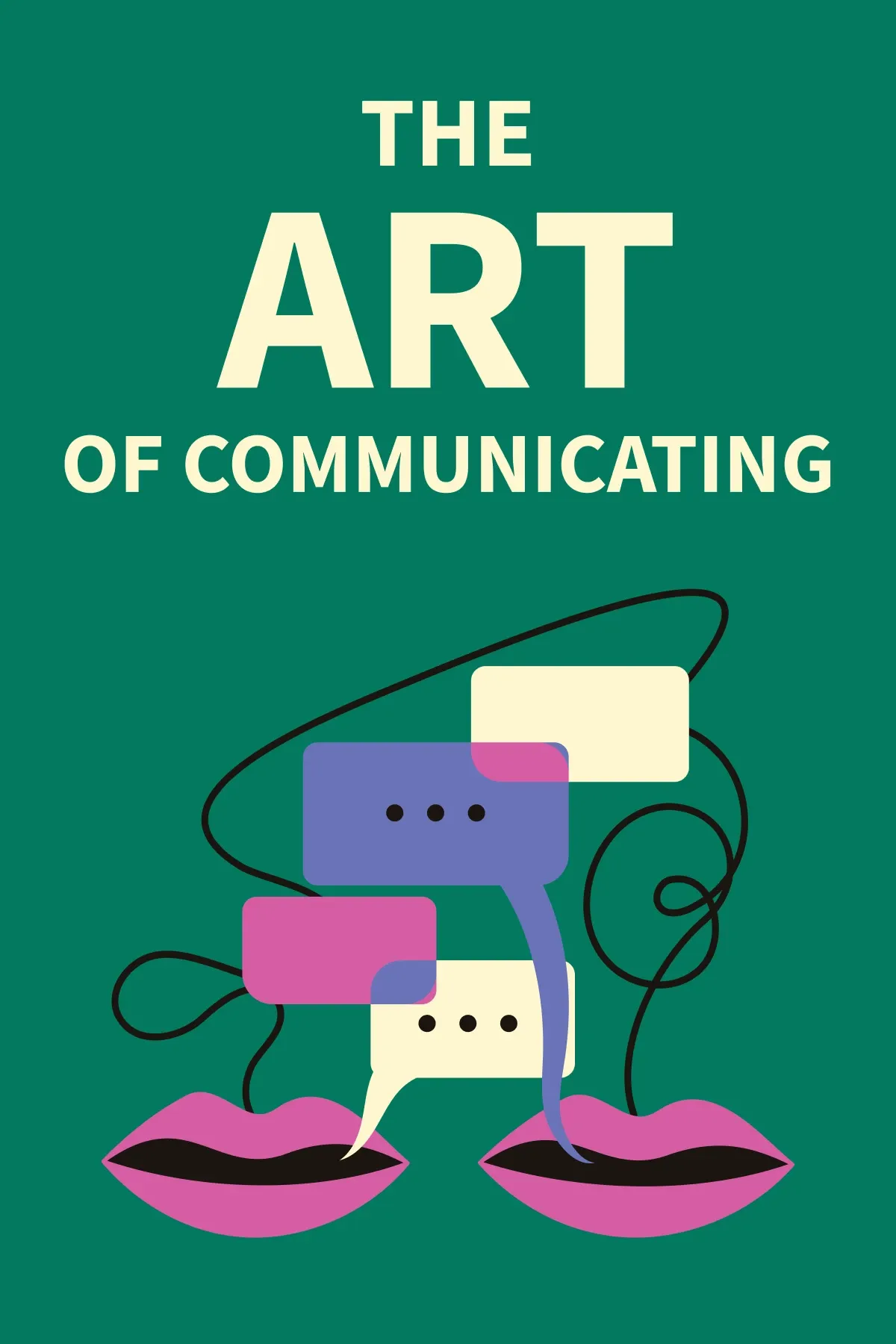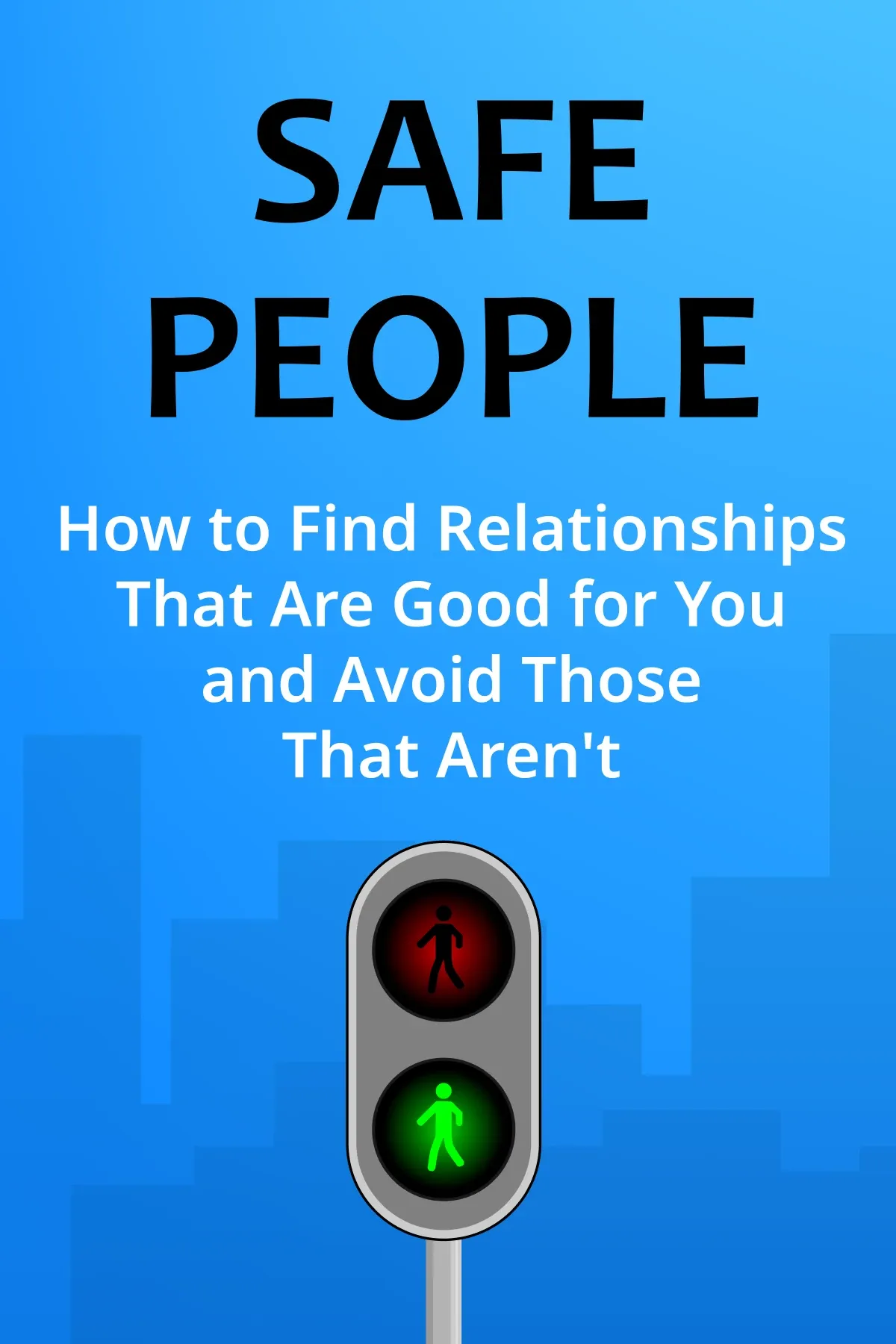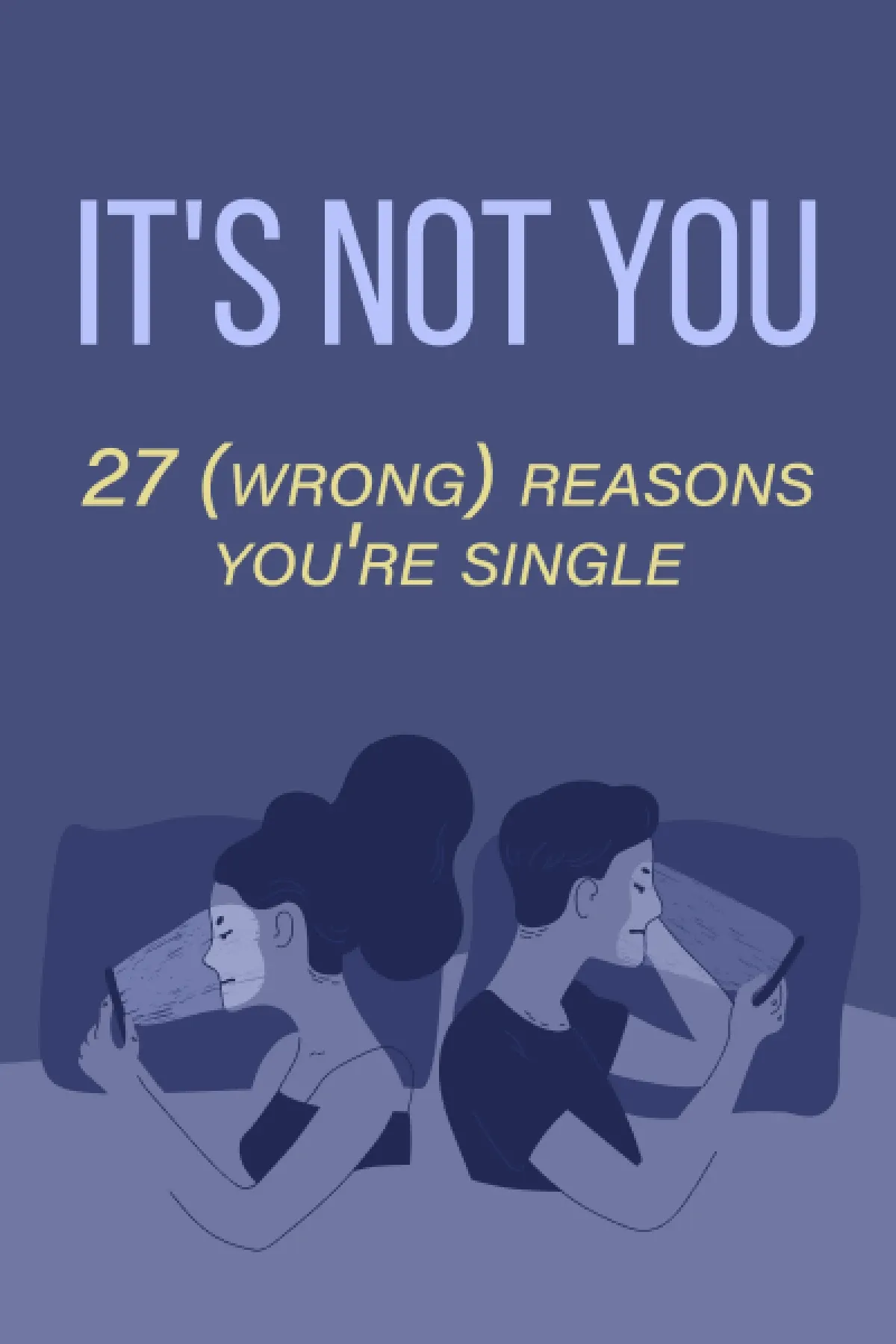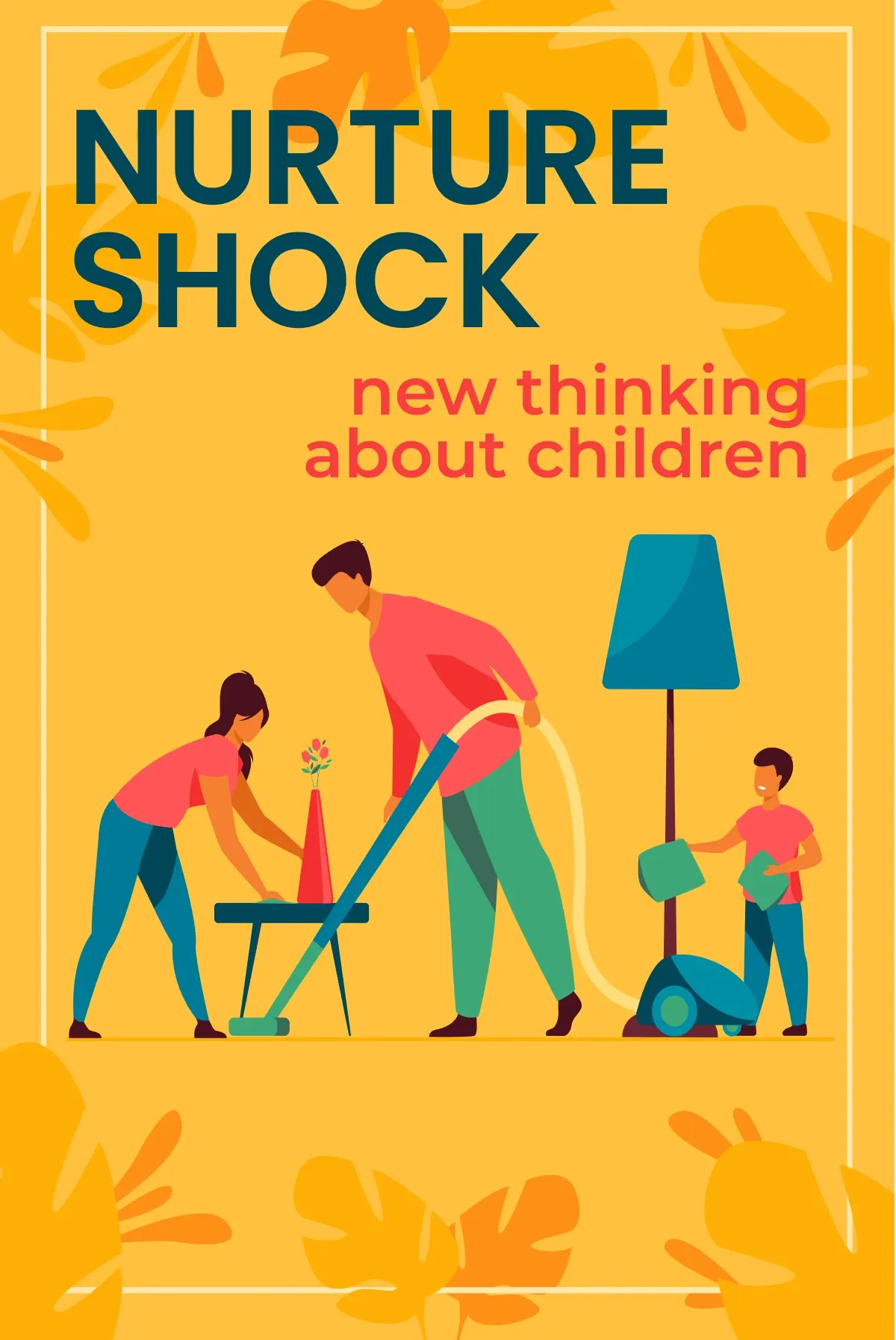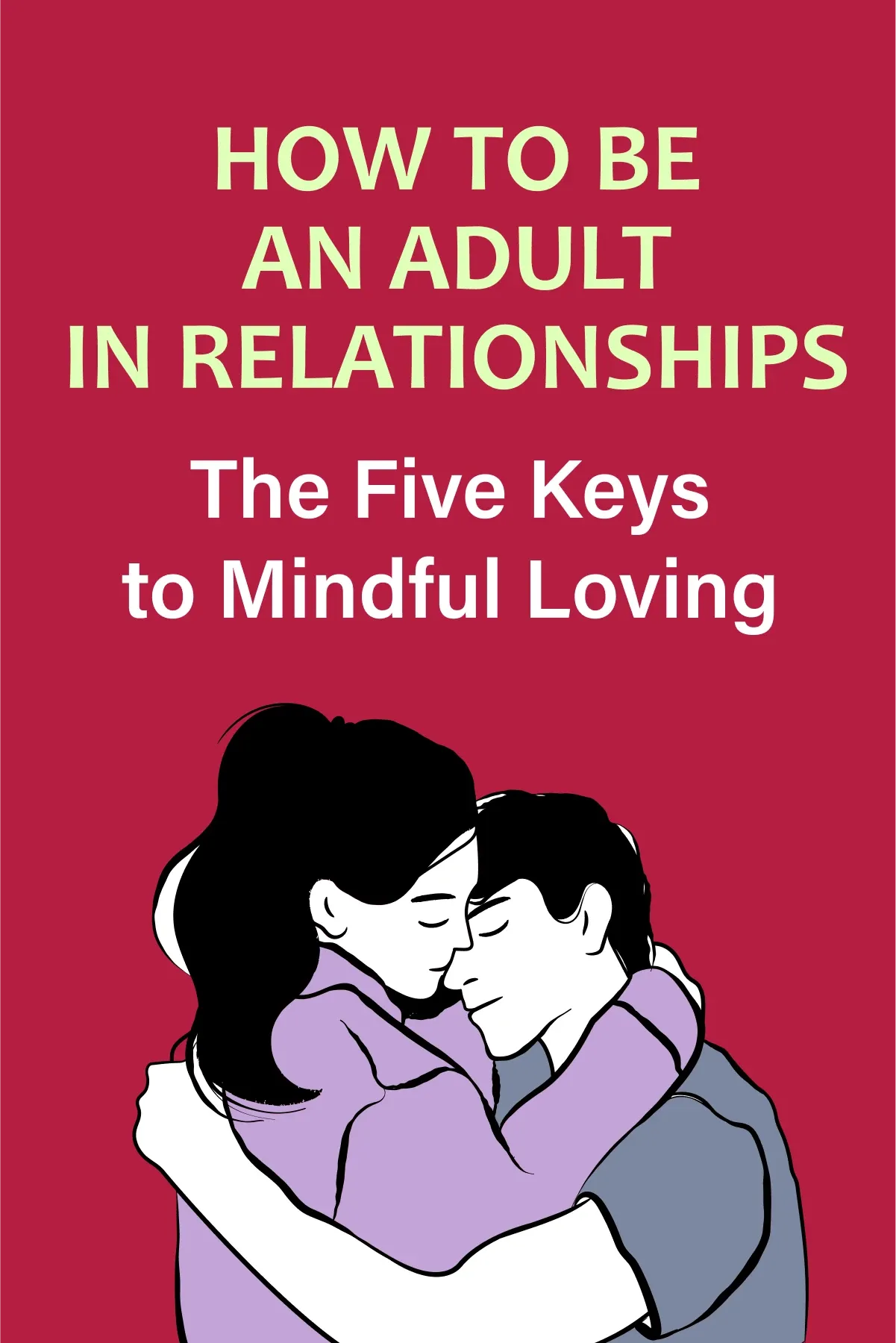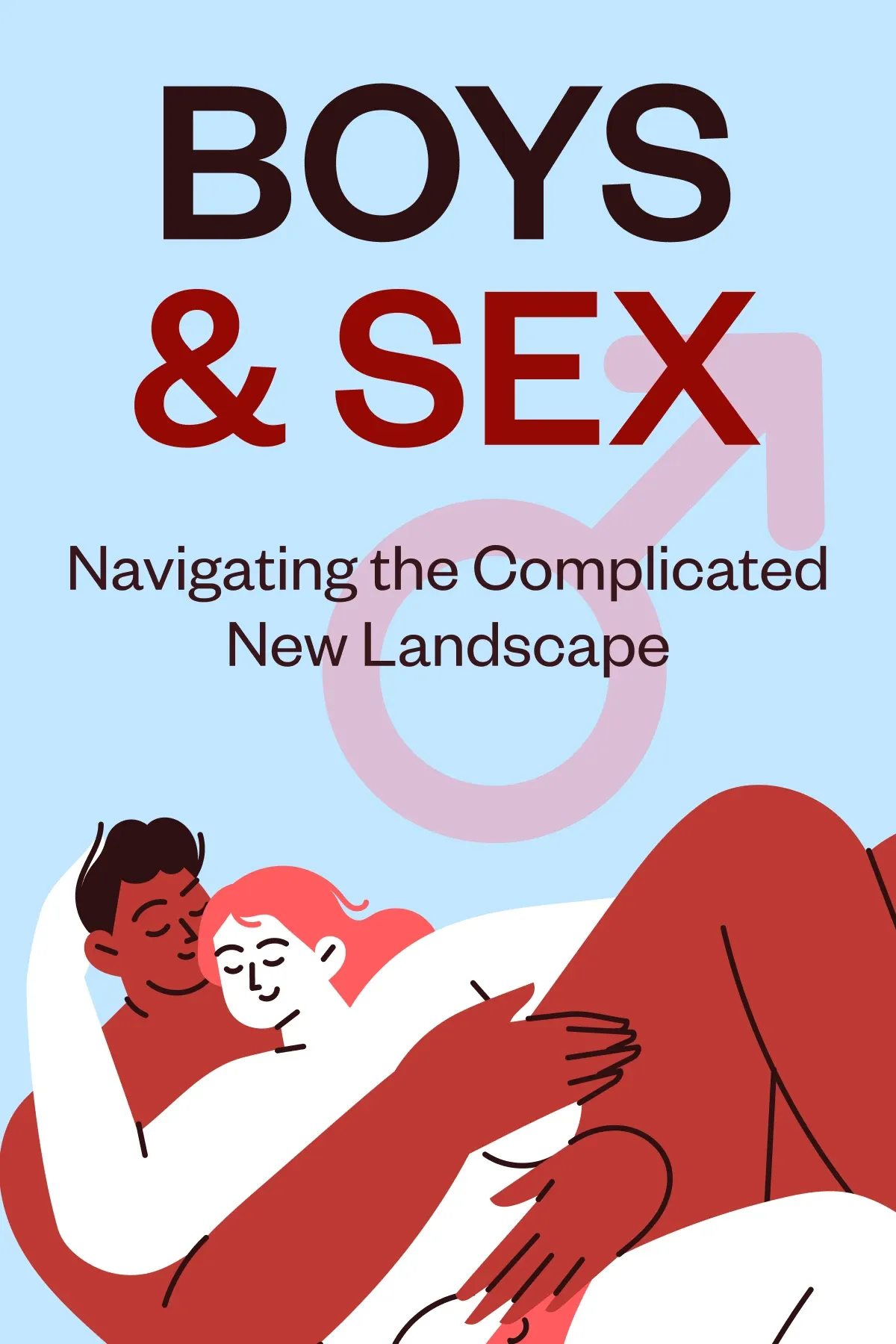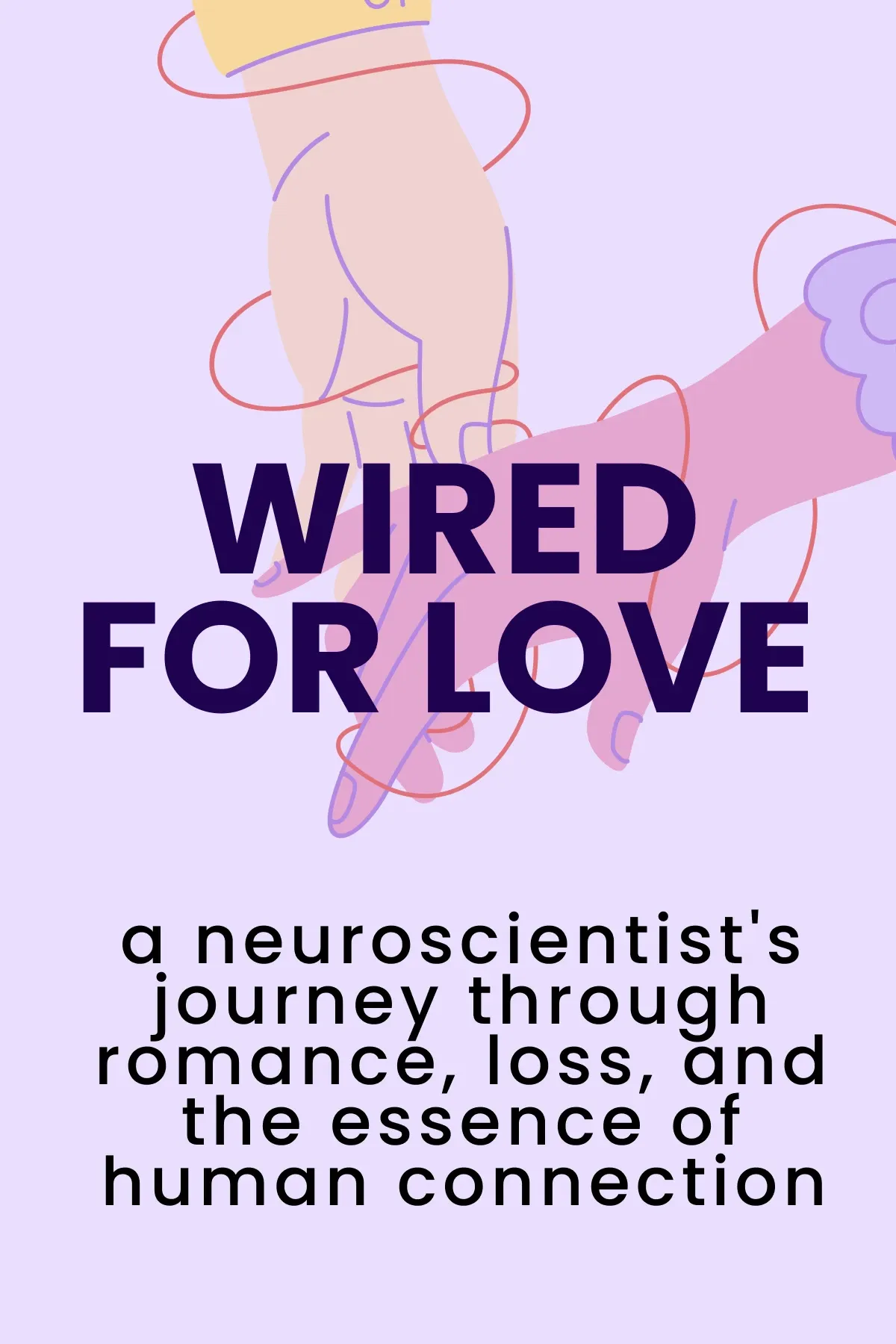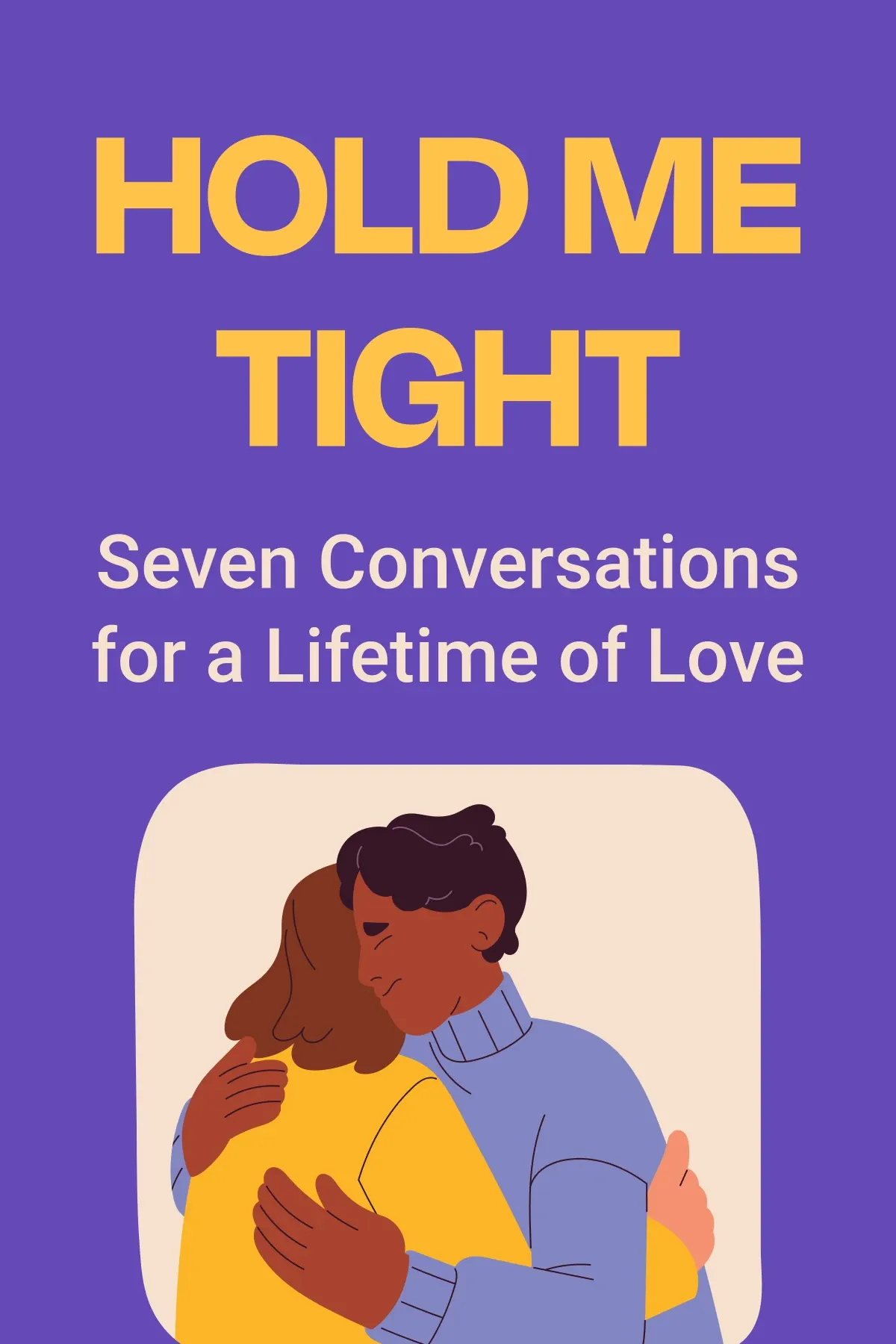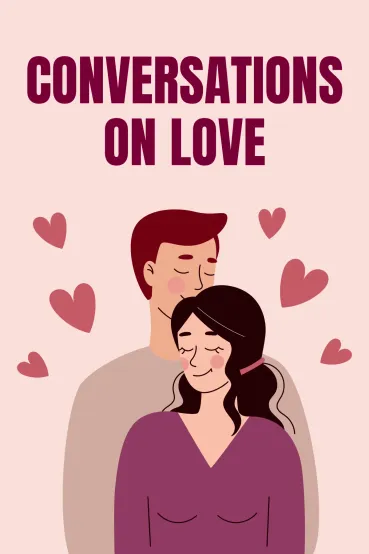
Conversations on Love
Brief Summary
The love we all want so badly can be a pretty complicated thing. It is love that often takes us to places we would not even go, and it’s love that causes us to experience terrible suffering, loss, and heartbreak. “Conversations on Love” by Natasha Lunn unveils how and why we fall in love, how we can keep love alive through the years, and why suffering is necessary to strengthen our relationships.
Key points
Key idea 1 of 6
One of the best gifts from the universe to humanity is love. We cannot live without it, and we want it as a source of life-giving power essential to our existence. Moreover, there is nothing wrong with that. Not until you start dissolving yourself in love with another person.
Natasha Lunn, the author, fell in love with Ben when she was fourteen. Teenage romances are highly volatile, but still significant in their way to human development. At that age, Natasha didn’t know who she was or what she liked, yet her crush on Ben caused her to center all her interests around him. Young girls idealize what they have had with boys even though one could not call it relationships. After all, it's so romantic to find your only one on the school bench.
However, after a while, Ben cheated on Natasha. It was the first time when Natasha experienced rejection. As a result, she began to ask herself: “Why?” You see, if someone cheats on us or does not return our feelings, we always think that the reason behind it could be a certain flaw within us. “He left me because I'm too fat” or “She said ‘no’ because I don't make enough money.” We start blaming ourselves, trying to get rid of some of our “flaws” for the sake of other people's approval.
Sometimes, we may indeed be rejected because we don't meet other people's expectations. However, do we really want to “earn back” the person who does not want to be with us? Somewhere in the back of our minds, we realize that it's not about that certain person at all. By trying to get love from them, we just want to prove to ourselves that we are “lovable.”
You might say: “That's not my case. I’m not trying to earn anyone's approval. I just don't want to be alone”. When it comes to fear of loneliness, it’s tough to accept your solitude. Especially on weekends, when you have a lot of free time that you’d like to share with someone. Consequently, you will still think about how unlovable you are sometimes on a Saturday night, watching your friends’ Instagram photos with their partners.
The first thing to do here is to change the way you see your solitude. Stop thinking about it as a bad thing and make yourself busy with what you actually like. Stop seeing love as something that will save you. It probably will not, though you can be the one to save yourself.
FAQ
You may also like these summaries


